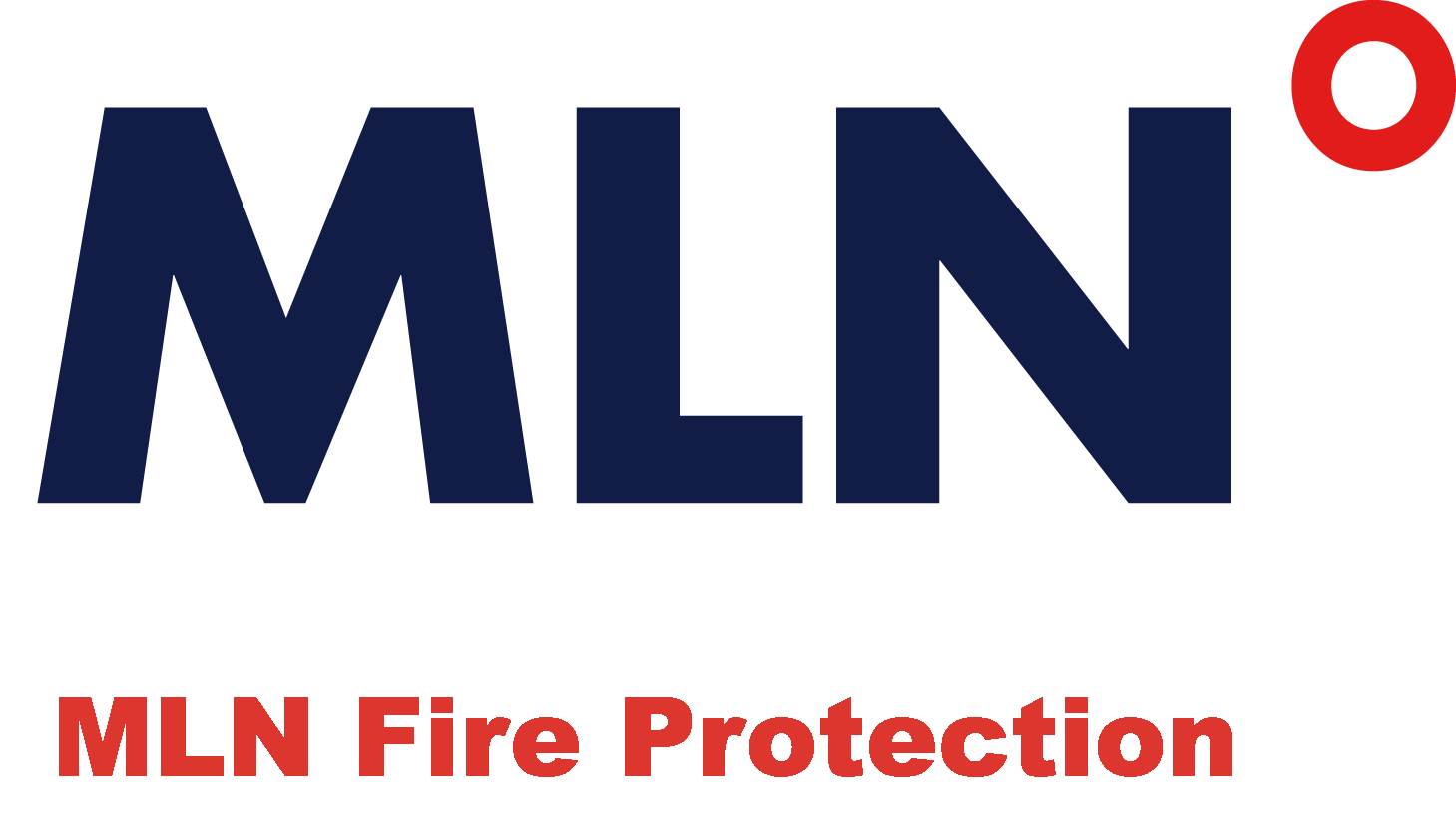We’ve all seen it in the movies. Someone trips one fire sprinkler, and suddenly the whole building is inundated with a flood of blinding rain from the sprinkler pipes. But is that even real? What would actually happen in your company or workplace if a real fire tripped the sprinklers? And what are the basics that you need to know about your building’s sprinkler system? In this blog post from our sprinkler system company in Houston, we hope to provide some helpful answers to these questions.
THERE ARE TWO BASIC TYPES OF SPRINKLER SYSTEMSWet System
Most commercial buildings in the Houston area have their sprinklers on a wet system. A wet system means that there is water in all the sprinkler system pipes, all the time. When heat in the room crosses a certain threshold, a little glass tube will break and water will gush out of your sprinkler head to put out the fire. However, in most systems, the only sprinkler that will typically go off is the one that was triggered, not the entire floor.
If you’ve ever heard horror stories about how dirty and gross this water gets over time, you’re right. This water doesn’t circulate or get refreshed, and it can get so old and full of buildup over the years that the first few minutes of water that flow out of your sprinkler system will be black and stinky.
Dry System
Dry sprinkler systems do not have water in the pipes, but rather have air pressure in the pipes. If a sprinkler head’s fuse bursts due to a fire, that will release the vacuum and start the flow of water into the system. It may take a few seconds longer for water to reach the sprinkler system head than in a dry system. However, the advantage of dry systems is that they are better for cold climates, unheated buildings, or areas where pipes are exposed to freezing temperatures and could burst or leak if they had water in them when it froze. Since we enjoy such mild winters here in Houston, there isn’t much of a compelling reason for most companies to need dry systems here.
BUT WHAT ABOUT THE SPRINKLERS THAT DO GO OFF ALL AT ONCE?
Most sprinkler systems are designed to be as efficient as possible by dealing with the fire at the exact location where it is, without causing excessive water damage elsewhere in the building. That’s why you can’t typically hold up a lighter to one sprinkler head and have all the ones in the building go off, like you see in the movies.
However, there are certain instances where the risk of the fire spreading is greater than the potential risk of water damage. For instance, in some older buildings, if fire caught in any room of the building, the whole entire place would be up in flames and burn to the ground in minutes. In a building like this, especially one that’s likely to have a high number of people onsite, it’s possible to install what’s called a deluge system that will activate all sprinklers if just one goes off. Any building where a fire could get out of control quickly is a good candidate for a deluge system. Power plants, aircraft hangars, chemical plants, and other processings facilities are good candidates for a deluge system.
YOUR BUILDING’S SPRINKLERS NEED REGULAR INSPECTION AND MAINTENANCE
Part of having an effective fire suppression system onsite is knowing that that system is in good working order. After all, few things could be worse than having a real fire emergency, only to find out that your system is malfunctioning due to lack of water pressure, outdated or insufficient equipment, or another flaw that prevents your fire system from doing its job.
It’s important to have regular inspections of your fire system. This is not just a good idea, it’s mandated by the Houston Fire Department. As of 2011, automatic wet-pipe sprinkler systems must have a routine (visual) inspection monthly and quarterly, and they must be inspected and tested annually by qualified personnel. This is for the safety of your employees and your products, data, and equipment onsite.
For sprinkler system inspections and overall maintenance, testing, and servicing of your fire protection system, please contact MLN Fire today.

